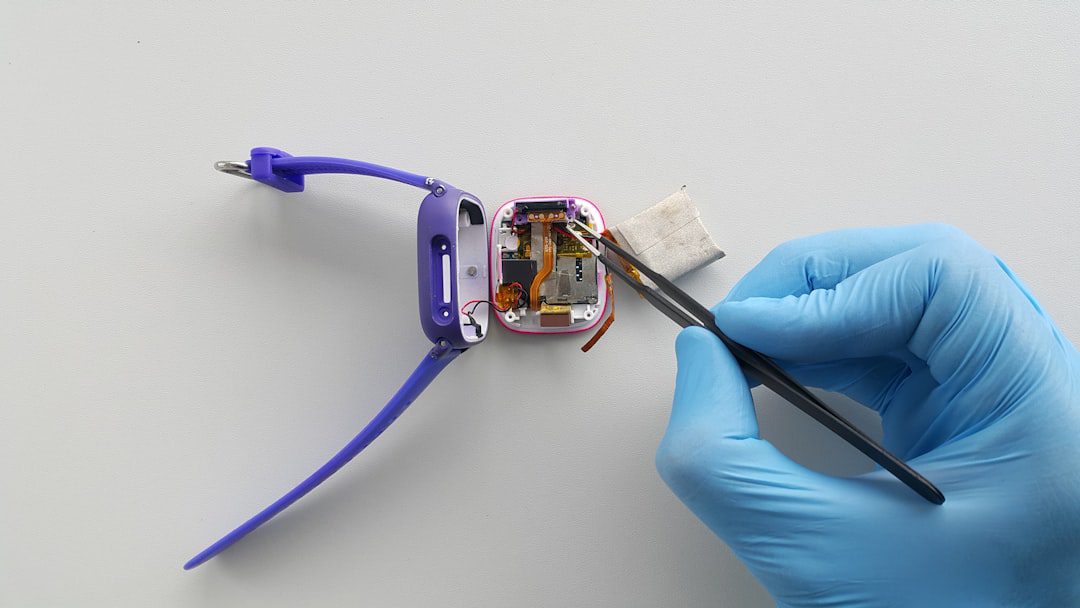
FDA Upgrades Q’Apel Medical Recall to Highest Risk Classification
On April 7, 2025, the FDA escalated Q’Apel Medical Inc.’s voluntary recall of its 072 Aspiration System (marketed as “Hippo” and including the “Cheetah” variant) to Class I status, affecting 1,617 units worldwide. This classification represents the most serious type of recall, reserved for situations where there is reasonable probability that use of the product will cause serious adverse health consequences or death.
Understanding Class I Recall Classifications
Class I recalls are the FDA’s highest priority enforcement action, typically involving:
- Immediate risk of serious injury or death
- Defects that could cause life-threatening complications
- Products with critical safety failures that compromise patient care
- Situations requiring urgent corrective action across all distribution channels
The upgrade from voluntary recall to Class I indicates that FDA’s risk assessment determined the 072 Aspiration System poses significant patient safety risks that warrant the agency’s most stringent regulatory response.
What This Means for Medical Device Manufacturers
This recall demonstrates several critical compliance considerations that all medical device manufacturers must address:
Post-Market Surveillance Requirements
Under 21 CFR 806, manufacturers must maintain robust post-market surveillance systems to identify potential safety issues. The Q’Apel case highlights the importance of:
- Proactive monitoring of device performance in real-world settings
- Establishing clear adverse event reporting protocols
- Implementing systematic complaint handling procedures
- Conducting regular risk-benefit assessments throughout the product lifecycle
Risk Management System Effectiveness
ISO 14971 requires manufacturers to implement comprehensive risk management processes. This recall underscores the need for:
- Continuous risk monitoring and evaluation
- Regular updates to risk management files
- Effective risk communication to healthcare providers and patients
- Robust corrective and preventive action (CAPA) systems
Immediate Action Items for Manufacturers
Medical device manufacturers should take the following steps to strengthen their compliance posture:
1. Review Your Recall Procedures
Ensure your recall plan addresses:
- Clear decision-making criteria for initiating voluntary recalls
- Rapid communication protocols with FDA and international regulators
- Comprehensive customer notification procedures
- Detailed tracking and effectiveness verification methods
2. Strengthen Post-Market Surveillance
Implement enhanced monitoring systems including:
- Real-time adverse event tracking and analysis
- Regular literature reviews and competitive intelligence
- Systematic customer feedback collection and evaluation
- Periodic safety update reports to regulatory authorities
3. Enhance Quality Management Systems
Under ISO 13485 requirements, ensure your QMS includes:
- Robust design controls that anticipate potential failure modes
- Comprehensive validation and verification protocols
- Effective supplier management and component traceability
- Regular management review of safety data and trends
Regulatory Implications and Industry Impact
Class I recalls like this one typically result in increased FDA scrutiny of the manufacturer and potentially the entire product category. Manufacturers should expect:
- Enhanced inspection focus on similar device types
- Potential requests for additional safety data
- Increased post-market study requirements for future submissions
- Greater emphasis on real-world evidence in regulatory assessments
Conclusion
The Q’Apel Medical Class I recall serves as a critical reminder that post-market safety is an ongoing responsibility, not a one-time achievement. Medical device manufacturers must maintain vigilant surveillance systems, robust quality management processes, and clear recall procedures to protect patients and maintain regulatory compliance. By learning from this case, manufacturers can strengthen their own safety systems and avoid similar regulatory challenges.


No comments yet. Be the first to comment!